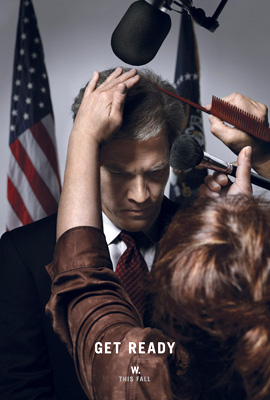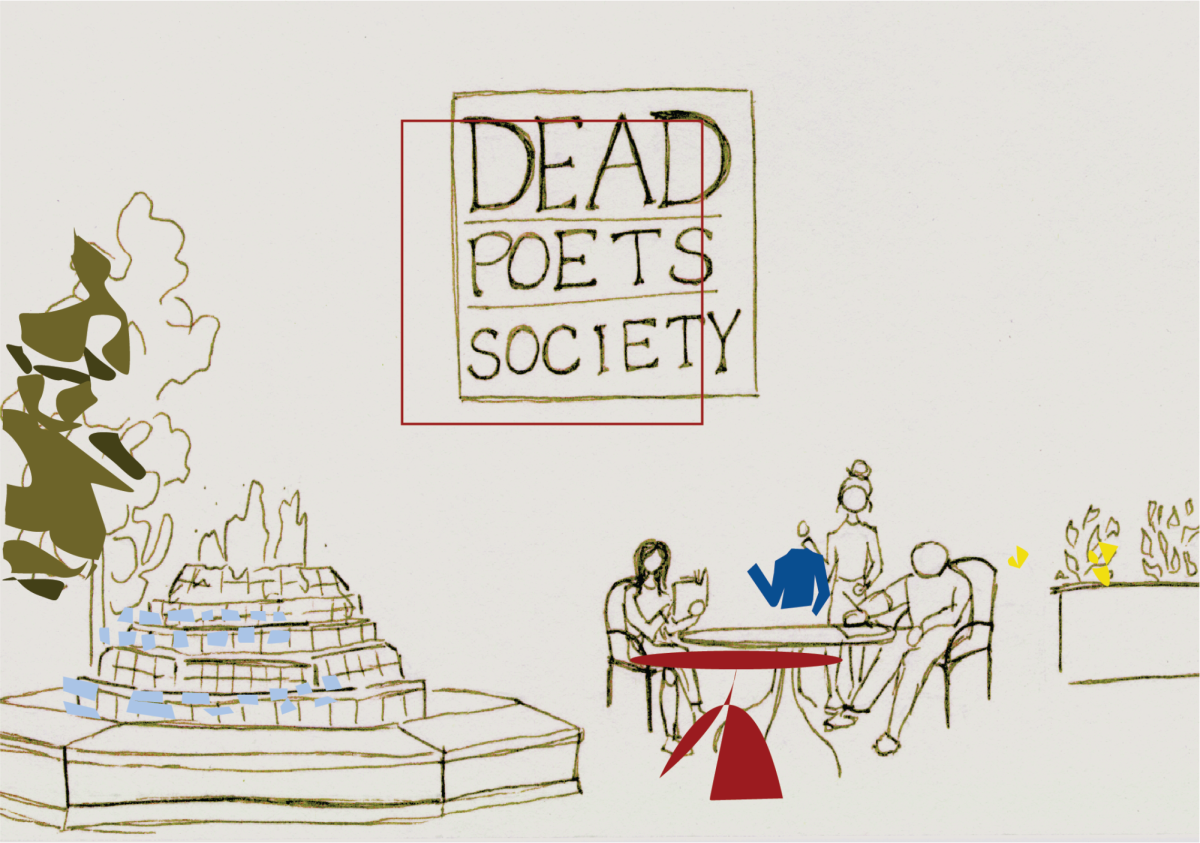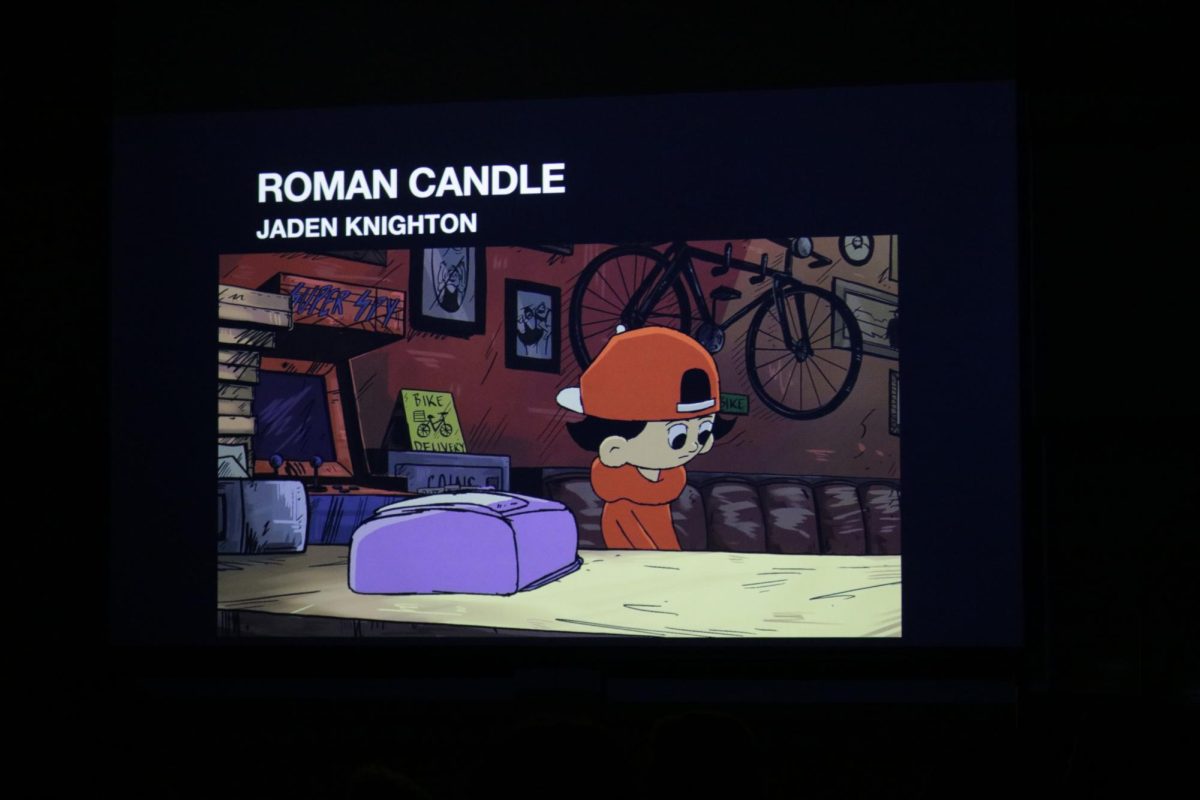When it comes to politics, some may find it difficult to separate their opinions of a political leader’s platform with their opinions of the political leader as a person. Whether you agree or disagree with Bush’s views shouldn’t affect your undying Christ-like love for Bush as a man. I wouldn’t say liberal director Oliver Stone’s new Bush biopic is “fair” in the sense that it takes a bipartisan stance, for actually it’s clearly in political opposition to the presidency. But to the film’s portrayal of the man, it is sympathetic.
Sympathy is the key to the film’s success, and makes it one of the main reasons why both compassionate conservatives and liberals could walk away from the film with newfound admiration for the man, if not his presidency. Stone is essentially focusing on George W. Bush as the foundation of a story, and not as a human punching bag. Those expecting a Bush-bashing will be disappointed. This is not the bumbling fool that is portrayed in left wing propaganda. This is a human being portrayed as having deep flaws; a man who struggled with alcoholism but eventually found grace through salvation. “W.” doesn’t gloss over the elements of faith. It takes Bush’s conversion seriously.
“W.” uses a nonlinear structure to study the current president’s life. George W. Bush (Josh Brolin) grows up feeling second-rate to his brother Jeb. He doesn’t get enough affection from his parents, George Bush Sr. (James Cromwell) and Barbara (Ellen Burstyn). He gets drunk, chases women, and can’t hold a steady job. The elder Bush feels he must pull the strings to help his son into good colleges and good jobs. Had it not been for the saving grace of Christ and finding his wife Laura (Elizabeth Banks), George W. might have ultimately been destroyed by his alcoholism.
The film believes that one of the major influences on our president’s foreign policies come from his need to break free of his father’s leash and accomplish something good on his own. His father won the first Iraq war but did not take out Saddam, fearing the consequences. The younger Bush believes it should be done, and is seen in the film to rush the plan to invade Iraq. He is portrayed as being true to his faith and believing that he is doing the right thing, but is also portrayed as being incompetent without his staff. The film’s sympathy for the man comes from viewing Bush as a bad president first.
I appreciate Stone’s approach. He has come to love his enemy, if not his enemy’s actions. If there are flaws in his structure however, it stems from the film’s focus on the current day events. Brolin is allowed artistic creativity when developing the Bush of younger years, but in the current day situations he is forced into doing imitation. In the end, I don’t mind the film being politically critical, but I do mind when the preaching distracts the focus away from the story of Bush.







